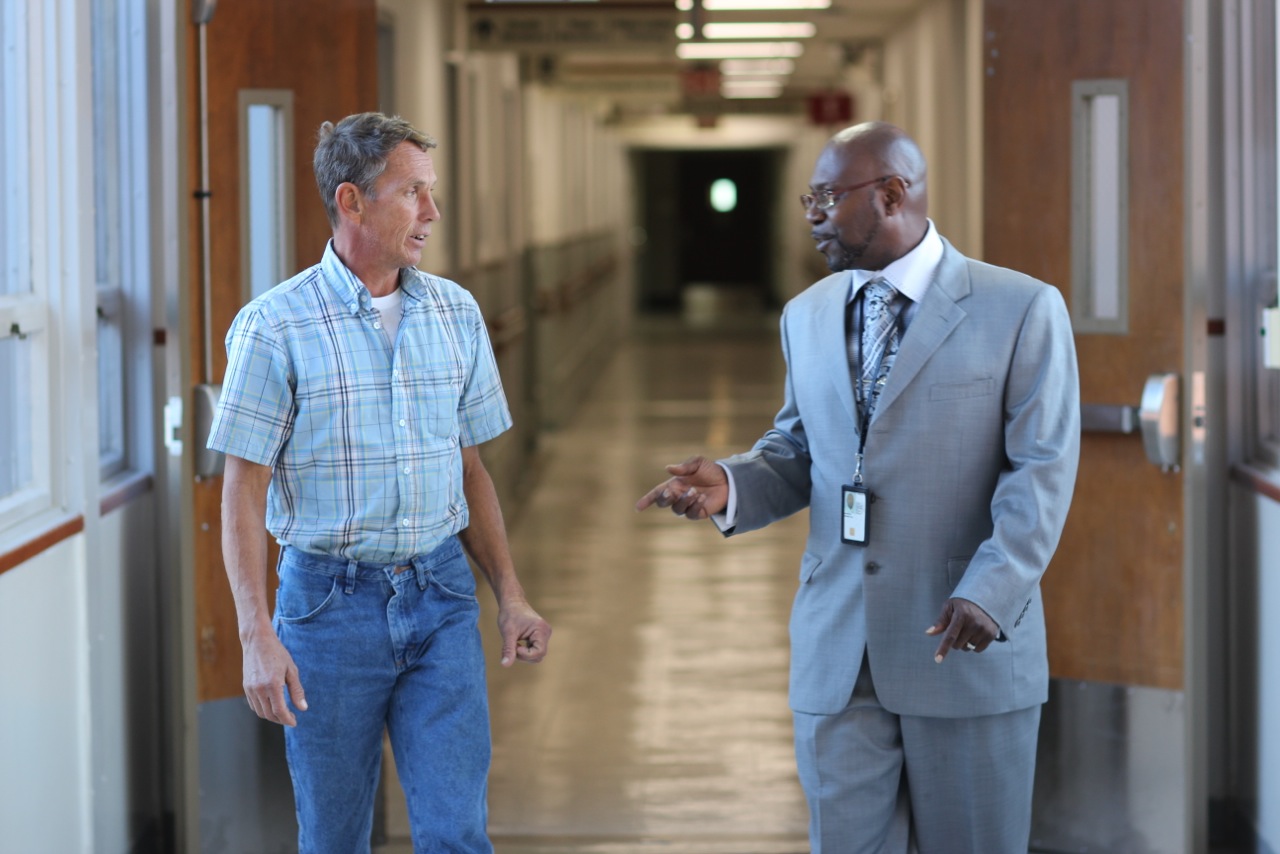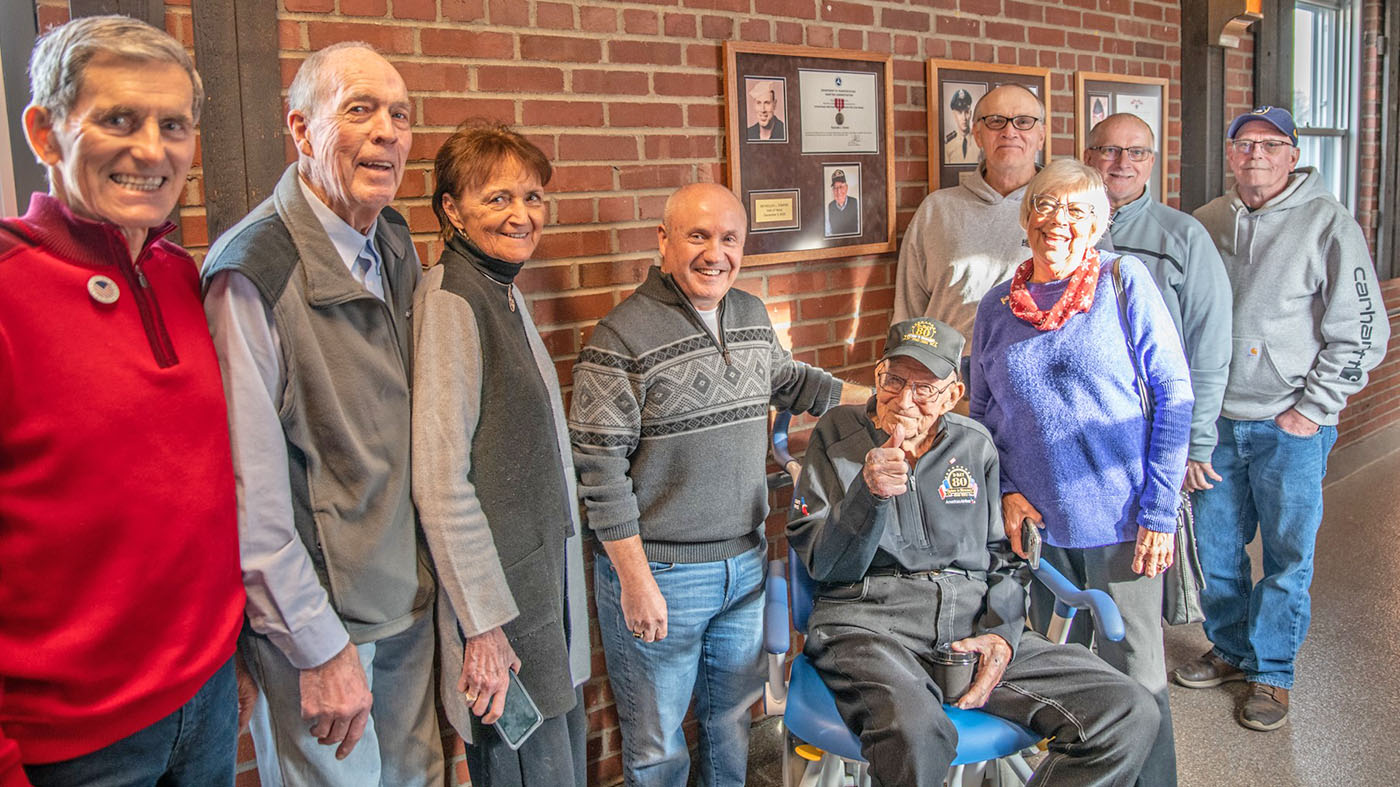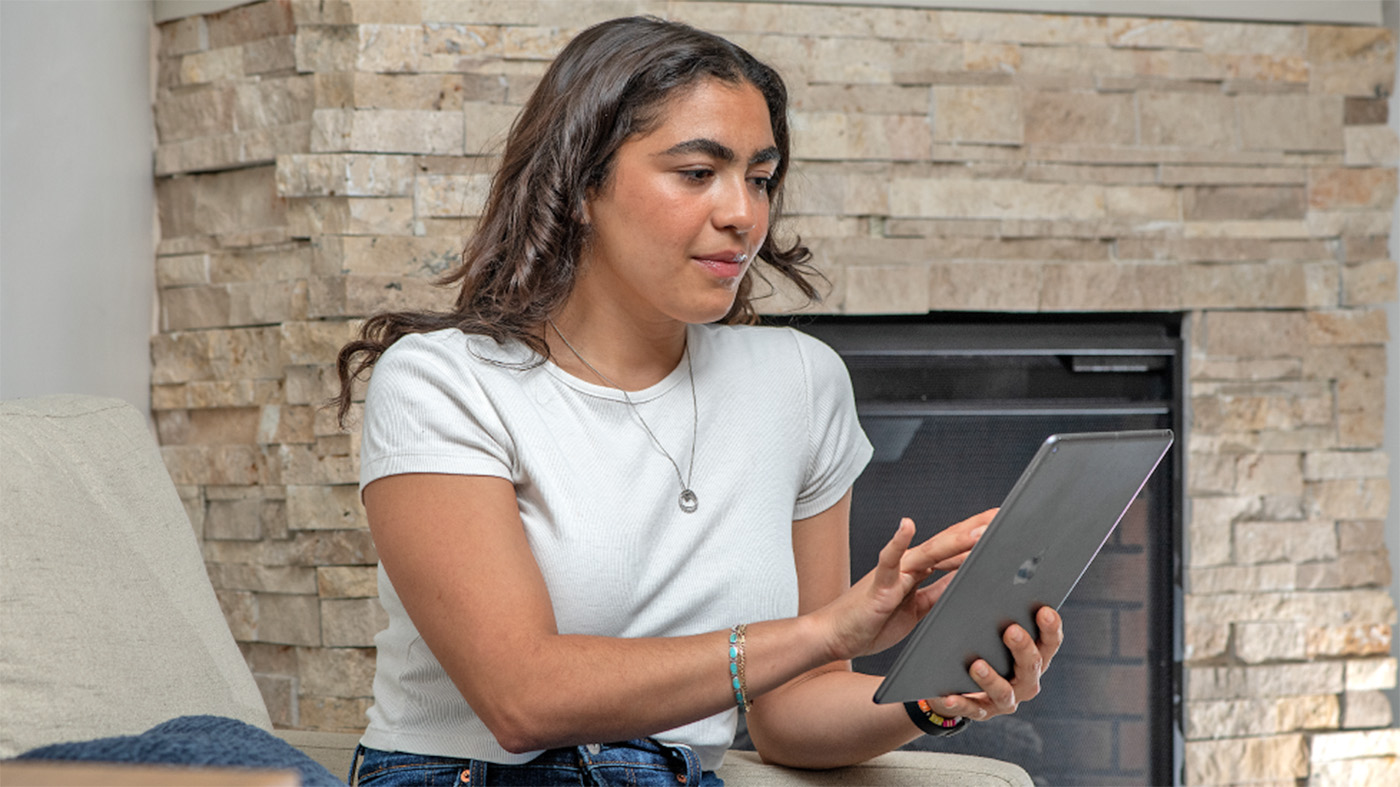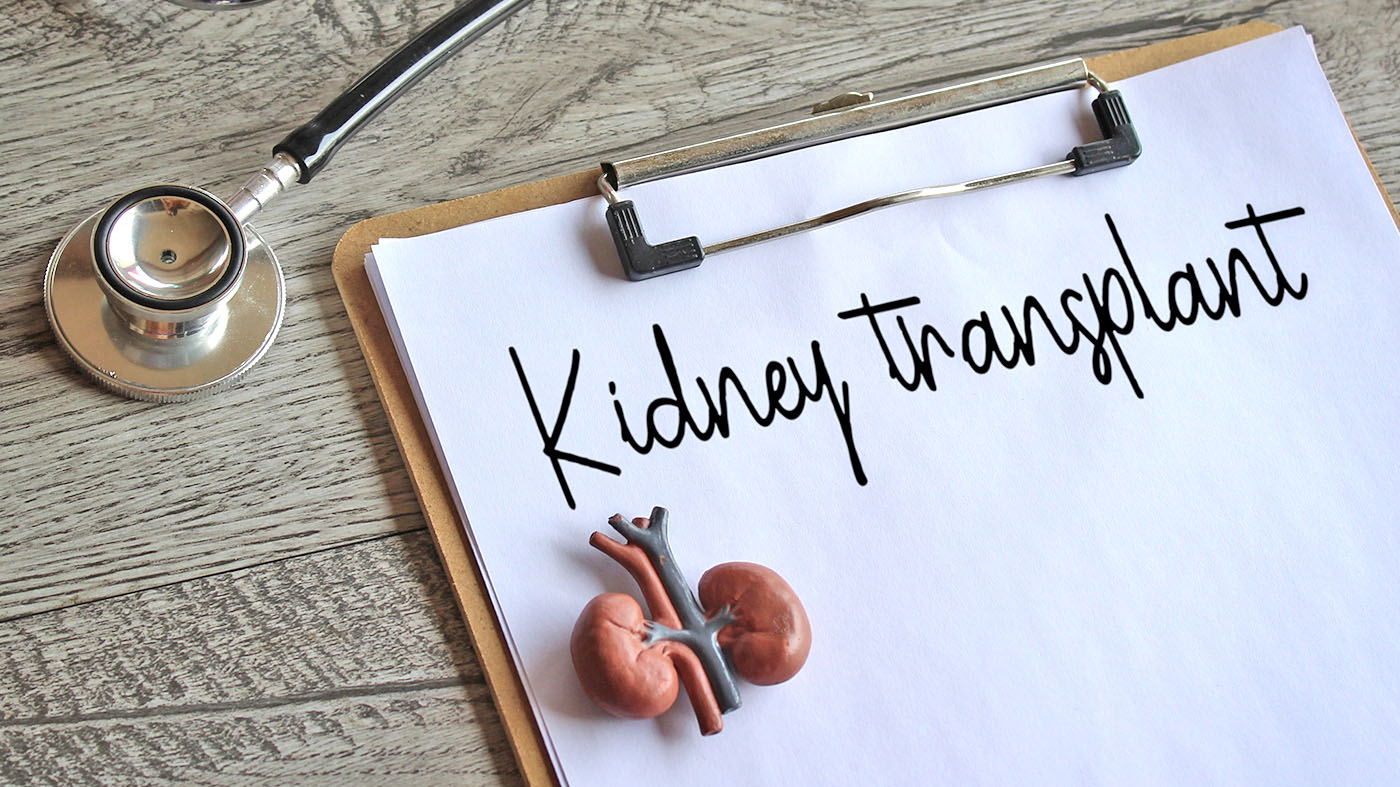During their time of military service, Veterans may experience traumatic events that can lead to mental health challenges. For people who haven’t lived through those experiences, it can be hard to understand what a Veteran is going through. But what happens when that Veteran has someone to talk to? Someone who has faced the same challenges and who is on the road recovery? Someone who understands? With the help of their peers, Veterans can lift each other up and begin the healing process together. In honor of the first-ever Global Peer Support Recognition Day, the VA recognizes the many valuable contributions that peer supporters make in a Veterans road to recovery.
With more than 1,000 peer supporters, the Department of Veterans Affairs is the largest employer of peer supporters – or peer specialists – in the United States. A peer specialist is someone with a mental health disorder who is actively engaged in his/her own recovery. They have been trained to help others with mental disorders identify and achieve recovery goals.
Peer supporters help fellow Veterans work through mental health and substance abuse issues every day. They volunteer their time to help Veterans to take control of their recovery by teaching them the skills they need and supporting them on their journey. They are invaluable in linking Veterans with the services they need, since they once used those same services themselves.
Peer specialists also help Veterans develop a sense of self-worth, while bringing a unique perspective to the treatment teams on which they work. They promote empowerment and self-determination in the service of recovery.
In 2006, the Veterans Health Administration’s Mental Health Services recognized the need to have peer supporters to help Veterans across the country. What began as a small number of peer supporters at a few facilities has grown to having peer supporters at every VA medical center. These employees impact the way Veterans perceive VA health care, and change the way their colleagues view and understand recovery from mental health conditions.
VA is proud to join the international peer support community in recognizing peer specialists—especially those working in the Veterans Health Administration—on this first Peer Specialist Global Recognition Day.
Just as they did during their time in the military, these Peer Specialists are reaching out to their fellow Veterans to ensure that no Veteran with mental illness is left behind.
This article was submitted by the Veterans Health Administration.
Topics in this story
More Stories
Veteran Reynolds Tomter, an inductee in the Hall of Heroes, served in the Merchant Marines in WWII.
You don’t have to be enrolled in VA benefits or health care to use many VA suicide prevention resources and sources of support
Army Veteran Gregory Zielsdorf recounts his experience on the kidney donor list and through the transplant surgery.







I’M a veteran who an alcoholic and been dealing with P.T.S.D Who’s been sober close
to two years! And Iam also a employee, Who
want know more about the training, education in being a peer support, so I can help my fellow Vets and in turn be helping myself!